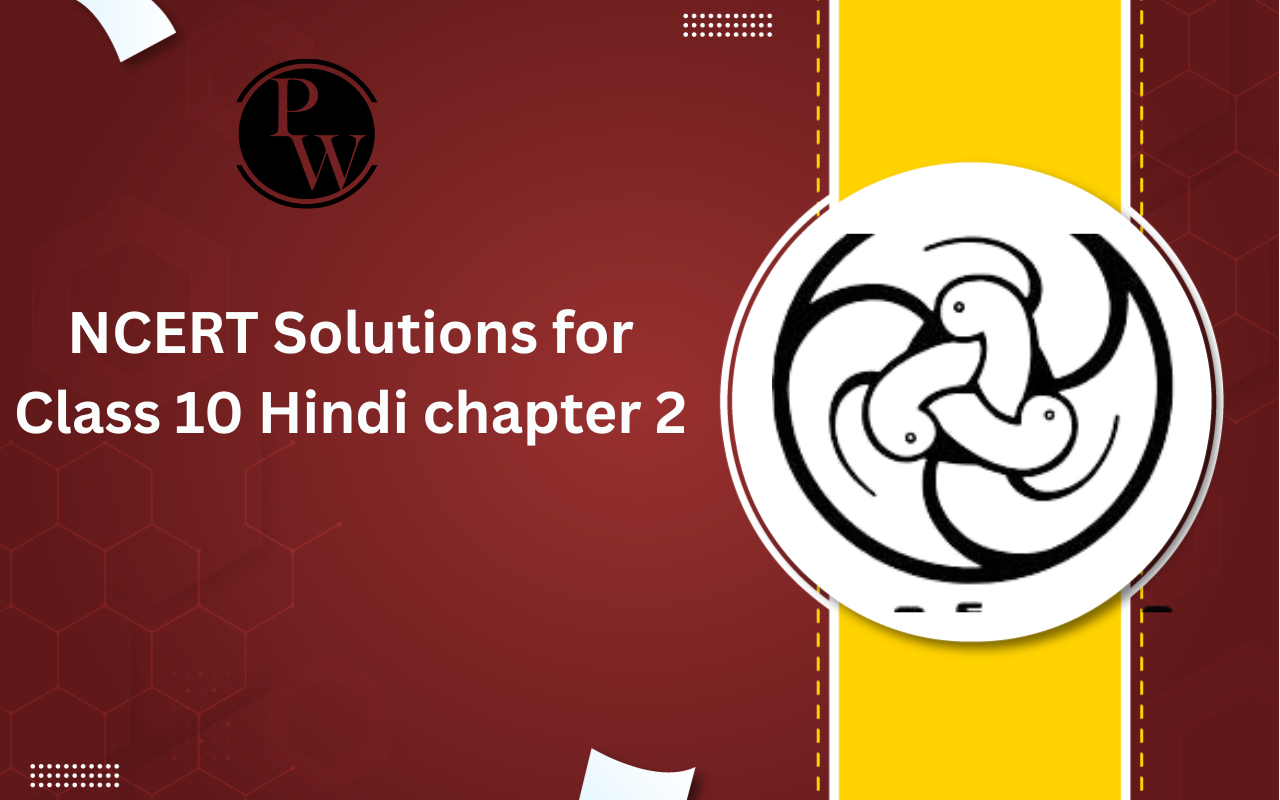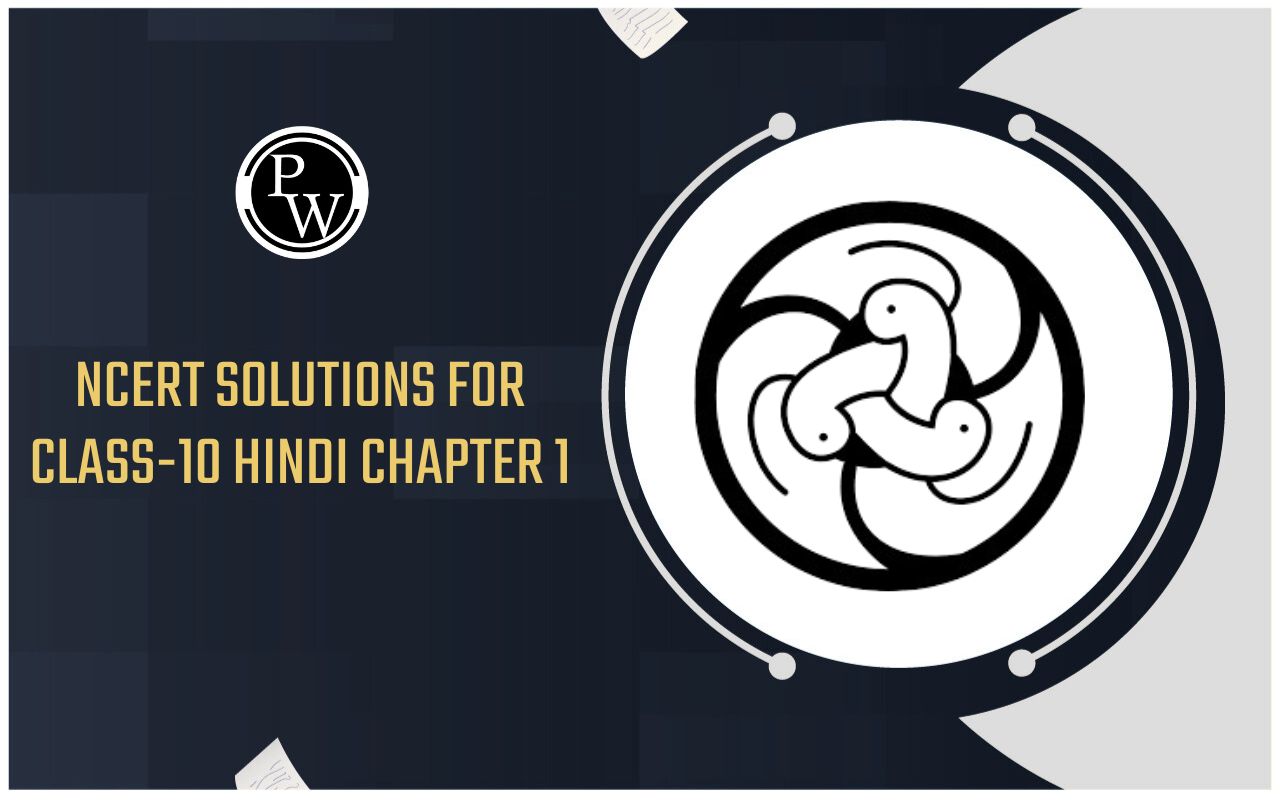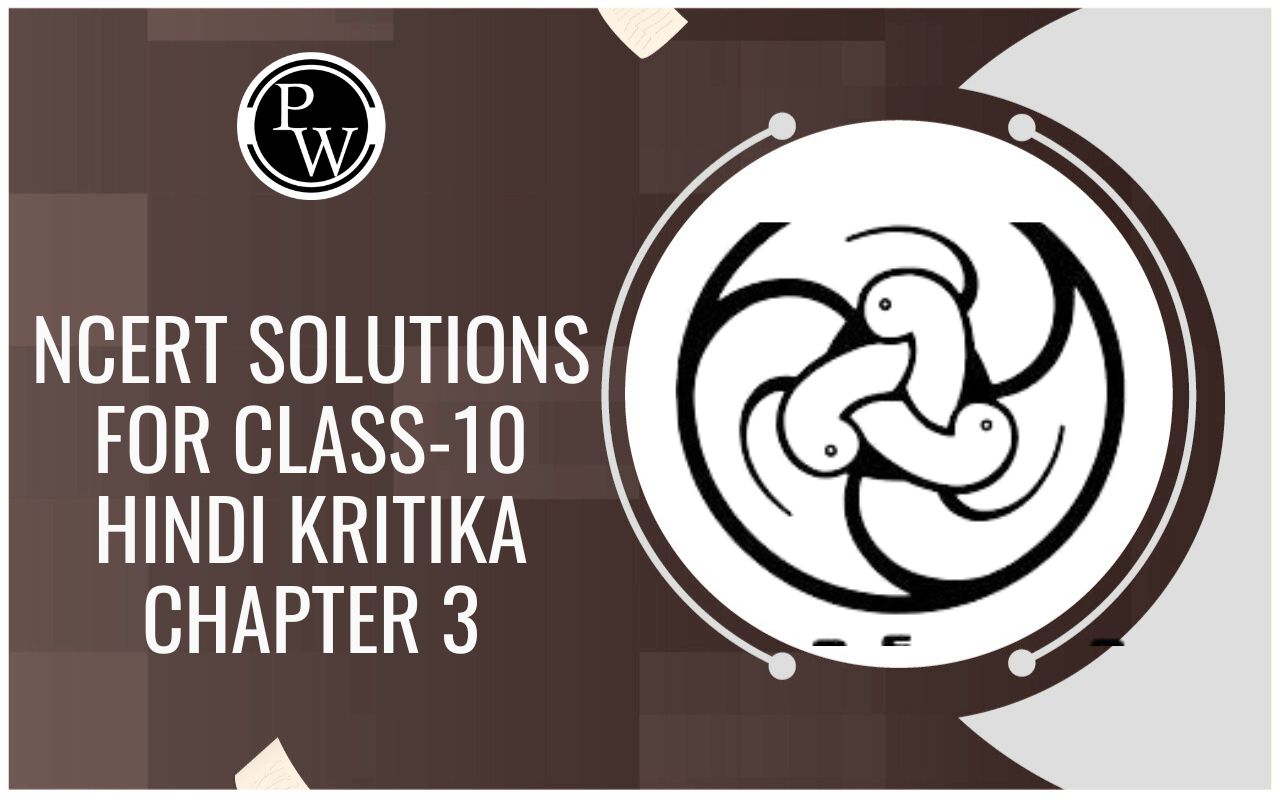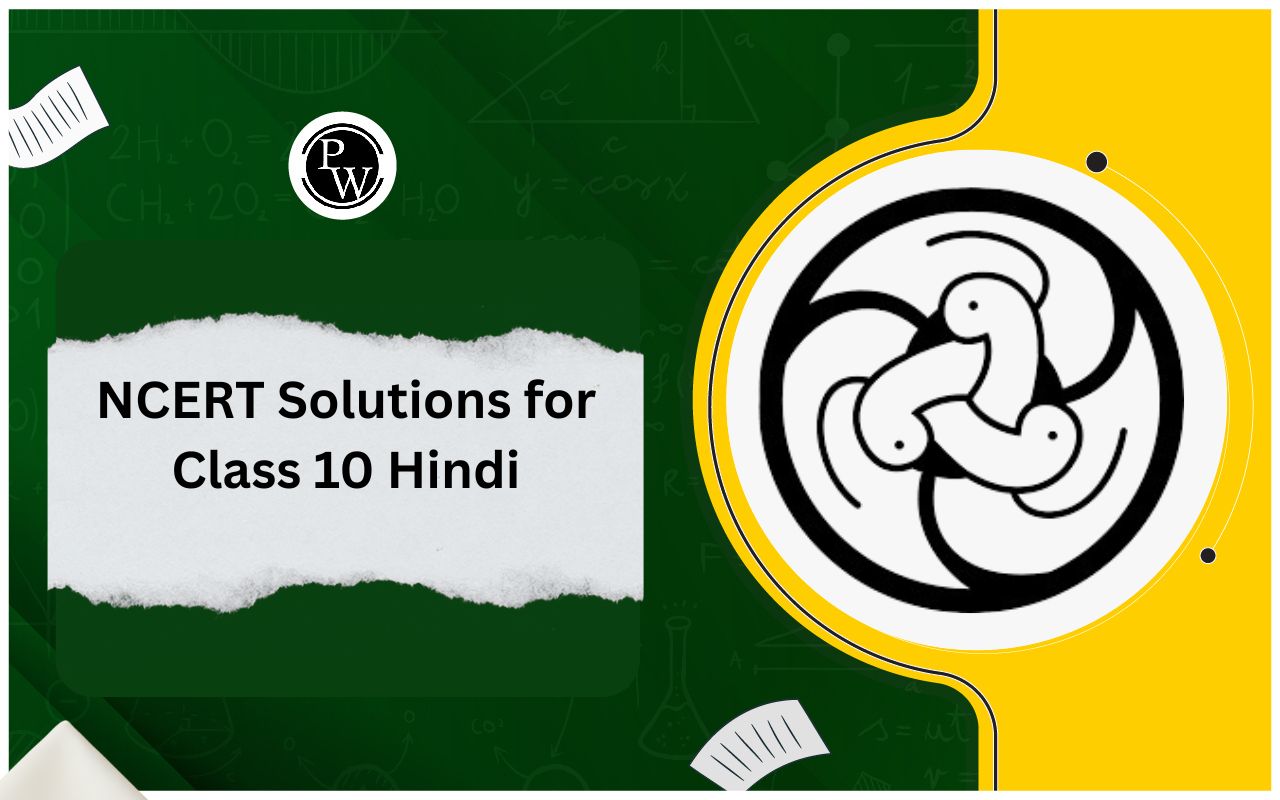
Vitamin & Mineral Deficiency Diseases
Aug 24, 2023, 16:45 IST
A healthy diet is important for the good health of everyone. An imbalance in the diet can lead to excess or insufficient intake of certain nutrients, vitamins, and minerals. Insufficient intake of specific nutrients can lead to deficiency diseases.
In plants, nutrient deficiency is caused when a plant lacks a sufficient quantity of essential nutrients which is crucial and necessary for the growth of plants.
List of Deficiency Diseases in Humans
| Vitamins | Deficiency Diseases |
| Vitamin A (Retinol) | Night blindness |
| B12(Cyanocobalamin) | Anemia |
| B1 (Thiamine) | Beri-Beri |
| B2(Riboflavin) | Bad skin, retardation of growth |
| C(Ascorbic acid) | Scurvy |
| D(Calciferol) | Rickets |
| K(phylloquinone) | Excessive belling due to injury |
| Minerals | Deficiency Diseases |
| Phosphorus | Bones and Bad teeth |
| Calcium | Excessive bleeding, brittle bones |
| Iron | Anemia |
| Copper | Goitre, thyroid gland enlargement |
| Copper | Retarded growth, loss of appetite |
Symptoms of Diseases Caused by Deficiency of Vitamins
- Vitamin A : It is a micronutrient and its sources are milk, spinach, fish, liver and carrots, etc. It is required for reproduction, normal vision, growth, and a healthy immune system. It is also needed for pregnant women.
- Vitamin B : There are different types of Vitamin B.
- Vitamin B1 : It causes beriberi and weak muscles and weight loss. Its deficiency can lead to cardiac failure and paralysis.
- Vitamin B6 : It causes deficiency such as anemia and skin disorders and also depression and nervous breakdowns.
- Vitamin B12 : its deficiency leads to anemia and nerve paralysis, dementia, fatigue, and depression.
- Vitamin C : It causes scurvy, bleeding gums, swelling of joints, and skin spots. It affects the immune system and can be fatal in acute conditions.
- Vitamin D : It causes rickets, weakened bones, and decay of teeth.
- Vitamin K : It is important for the coagulation of blood. Its deficiency leads to excessive bleeding due to the inability to form blood clots.
- Iodine : It is required for the brain development of developing fetuses. It helps in the production of hormones. Salt is an important source of iodine.
- Iron : In the form of hemoglobin, iron carries oxygen from the lungs to different tissues throughout the body. Green vegetables are the main source of iron. Its deficiency leads to anemia which is most common in females.
Essential Nutrients for Plants: Macronutrients and Micronutrients for Plants
Plants get oxygen, carbon, and hydrogen from water, sunlight, and air which they use to make their food by photosynthesis. Plants also require other nutrients for their healthy growth in the form of macronutrients and micronutrients.
Essential elements in plants perform many functions like maintaining the osmotic concentration of cell sap, performing buffering action, and maintaining enzymatic activity.
Macronutrients are Potassium, Nitrogen, Phosphorus, Calcium, Sulphur, and Magnesium. These macronutrients are required by plants in large quantities.
Micronutrients are also known as minor elements or trace elements. Zinc, iron, boron, copper, manganese, molybdenum, etc. are micronutrients and are needed in smaller quantities.
Difference Between Macronutrients and Micronutrients
| Macronutrients | Micronutrients |
| These are needed in high amounts for plant growth. | These nutrients are needed in smaller quantities for plant growth. |
| These are divided into primary and secondary nutrients. | They have no sub-categories. |
| It may be a mineral or non-mineral element. | All micronutrients are micronutrients. |
| Some of these such as H, C, and O are not absorbed by roots from the soil. | All of them are absorbed by roots from the soil. |
| These have a role in forming carbon compounds and in energy storage. | They act as cofactors for enzymes and also help in electron transfer. |
Functions of Various Macronutrients and Micronutrients of Plants
The functions of some important macronutrients and micronutrients are as follows:
- Phosphorus : It is a main constituent of the cell membrane, nucleic acids, and proteins. It is crucial for the development of roots and the storage and transportation of energy. It is also resistant to disease. Deficiency of phosphorus; leads to weakened shoots, roots, and dark red/purple/green leaves.
- Nitrogen : It is required in large amounts and it is taken in the form of ions. It is required for cell division and it is a major constituent of hormones, vitamins, and proteins. It affects vegetative growth and vegetation. It plays an important role in photosynthesis as it is a component of chlorophyll. It is responsible for the growth of foliage. A deficiency of nitrogen leads to stunted crop growth, yellowing of leaves or chlorosis, and weakness during fruiting.
- Potassium : It is required in large amounts for the growing parts of the plants. It is essential for the opening and closing of the stomata. It maintains the rigidity of enzymes and also helps in maintaining the turgidity of cells. It influences the uptake of water and improves drought tolerance. It provides resistance to fungal and pest diseases. A deficiency of potassium leads to a reduction in growth, yellowing, and burning of leaf margins, and dead spots on older leaves.
- Calcium : It is required during the process of cell division and for the normal function of the cell membrane. It also regulates metabolic activities.
- Sulfur : It is the main constituent of coenzymes, amino acids, and vitamins.
- Magnesium : It helps in the activation of enzymes in photosynthesis and respiration. It also helps in DNA and RNA synthesis. It is an important constituent of ribosomes.
- Manganese : It is involved in respiration, photosynthesis, and the splitting of water during photosynthesis.
- Chlorine : It helps in the determination of the concentration of solute and anion-cation balance of the cell.
- Zinc and Copper : These help in the activation of certain enzymes. Zinc helps in the activity of auxins and the development of seeds, fruit, and roots.
- Boron : It is important for amino acid production, transport of sugar, fruiting, flowering, and cell wall formation.
- Iron : It is important in photosynthesis and the production of chlorophyll. It helps in the formation of lignin.
Deficiency Symptoms: FAQs
Q1 . What do you mean by deficiency?
Ans. Deficiency means a lack of essential nutrients in the body.
Q2. What are important minerals needed by our body?
Ans. Sodium, calcium, phosphorus, chloride, magnesium, etc. are important minerals needed by our body.
Q3. Which deficiency causes scurvy in humans?
Ans. Vitamin C deficiency causes scurvy in humans. It is a skin-related disease.
Q4 . Which element is responsible for the opening and closing of stomata?
Ans. Potassium is required for the opening and closing of stomata.
Q5. Night blindness is caused by a deficiency of which vitamin?
Ans. Vitamin A deficiency causes night blindness in humans.
Deficiency Symptoms.txt Displaying Deficiency Symptoms.txt.









